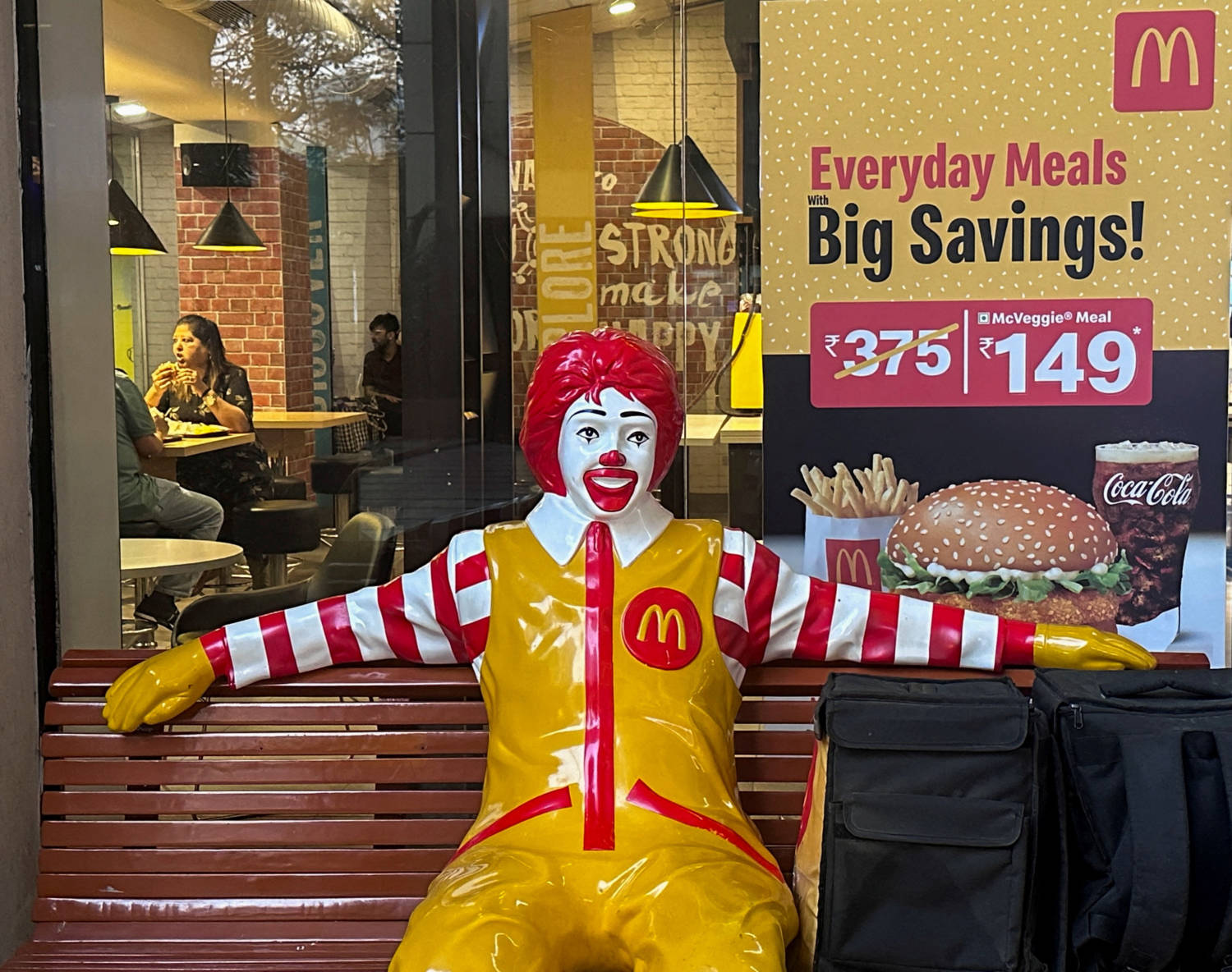Maharashtra State Intensifies Scrutiny on Fast-Food Chains Over Cheese Authenticity
In a recent development, the Indian state of Maharashtra has broadened its regulatory oversight to include various global fast-food franchises in an investigation concerning the use of cheese alternatives. This move follows the heightened scrutiny that McDonald’s faced over allegations of mislabeling products advertised as containing real cheese.
State officials are set to inspect outlets of prominent fast-food brands to verify if cheese substitutes are being used in items falsely marketed as containing genuine cheese. The crackdown comes at a time when these international brands are already grappling with the impact of inflationary pressures, which have dampened consumer spending on higher-priced menu items like burgers and pizzas. In response, companies have introduced discounted offerings to attract price-sensitive Indian customers.
Westlife Foodworld, the largest McDonald’s franchisee in India, has been at the forefront of defending its use of “real cheese” after reports emerged last year suggesting that some products contained cheese analogues made from vegetable oil instead. Despite contesting these findings, the franchisee modified the names of several food items across its outlets in Maharashtra, as evidenced by letters reviewed by Reuters.
The state’s Food and Drug Administration, led by Chief Abhimanyu Kale, will now extend its inspections to all McDonald’s locations and other major fast-food chains, although the specific brands targeted have not been disclosed. The news has already had a financial impact, with shares of Westlife dropping significantly following the report.
The state government has the authority to suspend licenses of establishments that violate food and safety regulations by misleading consumers. Westlife, which operates McDonald’s in western and southern India, has expressed its readiness for any inspections and insists on upholding the “highest standards.”
While Westlife has publicly reassured customers about its cheese quality, stating that it uses “globally approved gold-standard suppliers,” other franchisees like Jubilant FoodWorks for Domino’s, Restaurant Brands Asia for Burger King, and Devyani International for Pizza Hut and KFC have not commented on the matter. Sapphire Foods, another Pizza Hut operator, also declined to comment.
The focus on food labeling and consumer transparency underscores the importance of regulatory compliance for global brands operating in key markets like Maharashtra, home to Mumbai and numerous other urban centers. As the investigation unfolds, it remains to be seen how these brands will navigate the challenges posed by regulatory scrutiny and consumer expectations.






